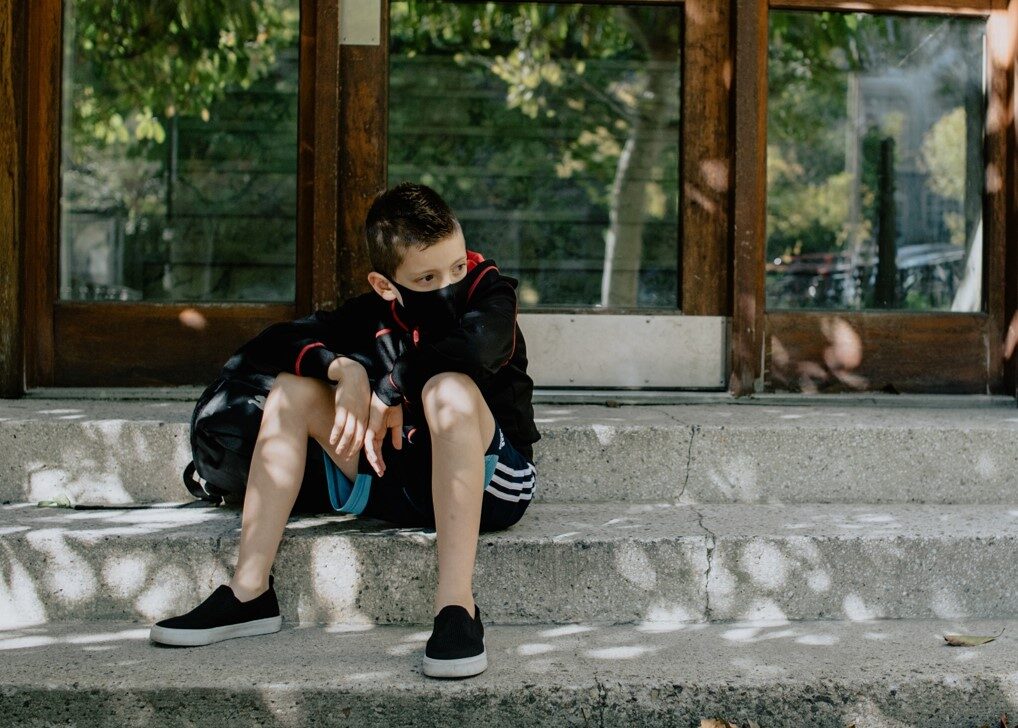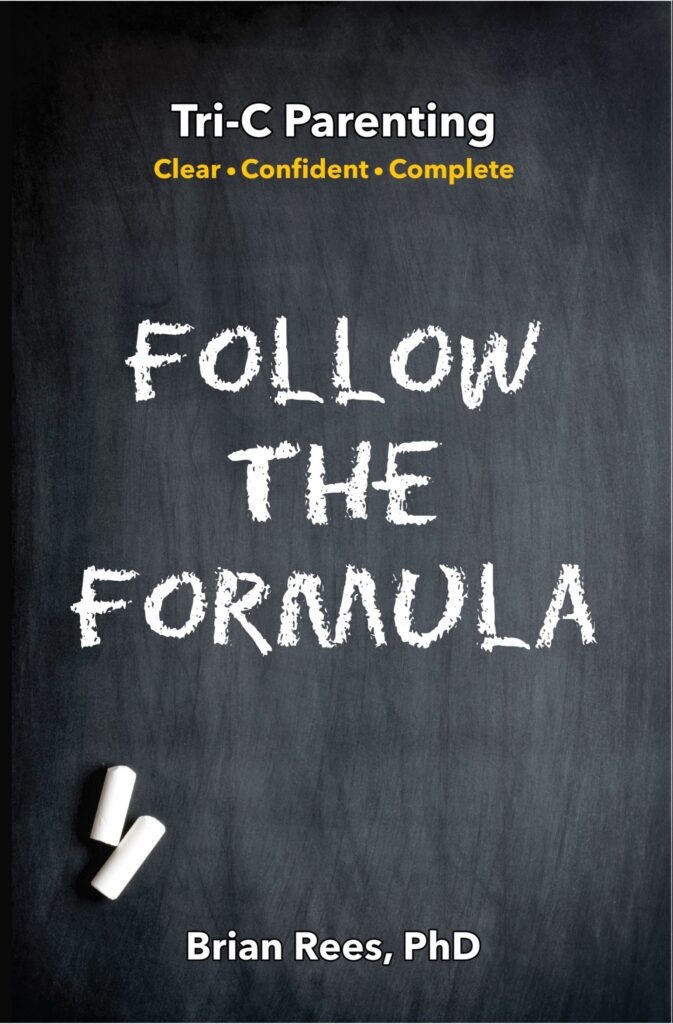Which Kids Are in Crisis? It Depends On the Parents.

Crazy world we live in, huh? Since it’s highly unlikely it changes much any time soon, and living amongst us we’ve got a vast population of incredibly vulnerable humans (our children), then we’re talking about a lot of adult humans (parents) who are searching for ways to take care of kids and shape their experience during these precarious times.
We attribute some of this growing youth mental crisis to the corrosiveness of social media, the social pressures at mega high schools, cultural upheaval full of mixed messages, decaying morals, and over-the-top pressure to succeed. These all contribute to the youth crisis, and make it even more difficult for parents to keep children balanced and healthy on the inside and out. Plus, the restrictions placed on our kids due to the pandemic have not helped things. For many youngsters it has led to not only a decline in education, but also social isolation, loss of structure and extracurricular activities, and way too much screen time. The Associated Press recently conducted a survey and found that half of the teenagers polled reported a struggle just to feel happy.
This is our troubling current state of affairs. Regardless of leftover pandemic residue, if you see alarming symptoms in your child, such as social detachment, prolonged sadness, consistent negative behaviors, and/or chronic stress, this is the part where you exercise your parenting duties, step in, and address the issue(s). It typically starts with a conversation—not a lecture—and you can encourage your kid to do the majority of the talking. If your child opens up, great! Hopefully your relationship is positive enough (this is the key) that your youngster feels comfortable being honest with you.
If your attempt to connect is met with ill-mannered irritation, then remind your kiddo: “Hey. We communicate respectfully in this family.” Or, if you get some flat, one-word answers, casually state that you understand “now is not the time,” and you’ll check back later. This way you’re demonstrating considerateness, and not forcing a discussion, as no one likes to be forced to do anything. Check in again the next day. Maybe your child is ready to talk. This approach sends a message of I care about you and see you are having a hard time, and I’m more interested in you than your behavior.
Some caregivers aren’t well-equipped for the monumental responsibility of healthy parenting. And certain kids aren’t predisposed to be easily managed or to “get it.” But in all honesty, the problem isn’t the current state of society; the problem is the parents who, for whatever reason, don’t or won’t thoroughly fulfill theircrucial commitment.
And there’s the rub. Good parenting is hard. And an intrinsically uncooperative child, teamed with a frustrated or an exhausted parent, makes it even harder for both. A parent is designated with nearly unlimited power and influence over another human, and possesses the ability to make that young person’s life either wonderful or miserable. So ask yourself: “Okay, how can I be an amazing parent, and learn how to help my kid navigate this wacky world, become responsible and well-rounded, and get to young adulthood feeling as genuinely confident as possible?”
It’s all in the book. Tri-C Parenting: Clear. Confident. Complete.
That’s how.

